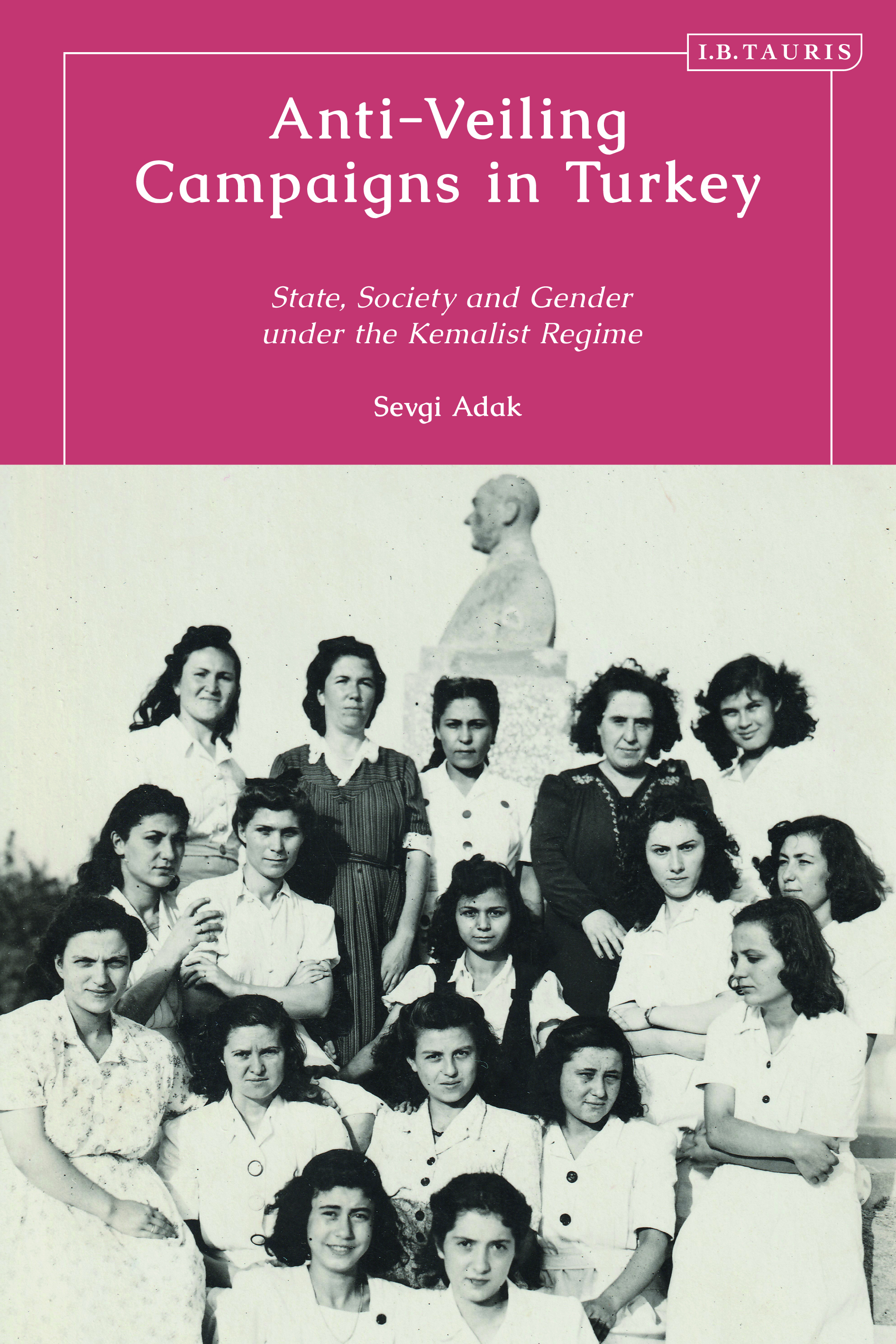Anti-Veiling Campaigns in Turkey. State, Society and Gender in the Early Republic

Webinar with Sevgi Adak, Assistant Professor at The Aga Khan University, London.
Women’s un/veiling has been an issue of controversy in Turkey since the late Ottoman Empire. While the discussion around certain types of veils, mainly the face veil (peçe) and the full body cover (çarşaf), emerged in the context of the political debates around modernisation and women’s emancipation in the first decades of the 20th century, it was with the advent of local campaigns against the peçe and the çarşaf under the new republic that reforming women’s dress turned into an issue of national mobilisation and a milieu in which gender norms would be redefined. The anti-veiling campaigns in the early republic thus provide the historical context and political framework within which the meanings of veiling and unveiling have been contested in Turkey until today. Despite this centrality, however, they have received strikingly little attention. The literature on inter-war Turkey as well as the feminist historiography have overwhelmingly focused on the Kemalist elite discourse on the ‘new’ Turkish woman, rather than the specific content and implementation process of policies like the anti-veiling campaigns and women’s involvement in them.
This seminar is based on my forthcoming book on the anti-veiling campaigns in 1930s Turkey. The book is a part of and contributes to the developing body of literature on the social history of the Turkish republic that aims to shift the focus from the elite discourses and high politics of Ankara to how the Kemalist policies were received, negotiated, compromised and resisted by societal actors. By looking at the anti-veiling campaigns as a space/field where these negotiations took place, the book contributes to the literature in two major ways. First, it shows the limits of Kemalist reforms like the anti-veiling campaigns and the capacity of the local actors to shape the state policies in the provinces. Second, it provides a nuanced understanding of the formation of a new gender order in the early republic by looking at the complex ways in which women responded to the anti-veiling campaigns. In the seminar, I will focus on the latter in particular and provide an analysis of how women’s involvement in and reactions to the anti-veiling campaigns influenced the form the campaigns took in practice and turned them into an ‘opportunity space’ for women to negotiate their social positions and roles.
Please, sign up to Catharina Raudvere, raudvere@hum.ku.dk.
